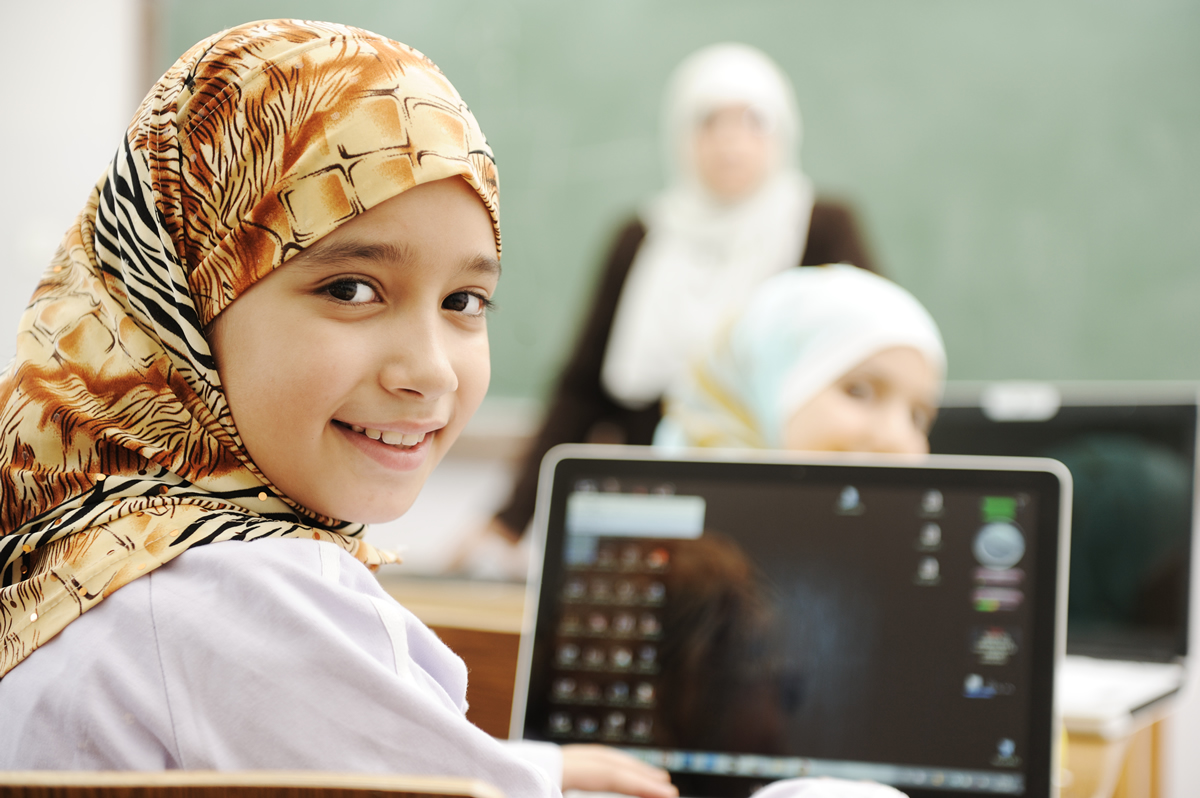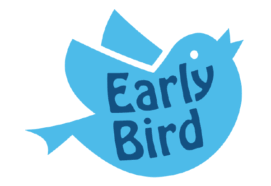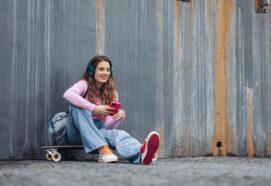Social media has revolutionised the way that we communicate with each other, and many children, including my own, have never known a world without instant access to the Internet and social media and the opportunities that this creates.
Our ‘digital natives’ have been afforded many advantages in terms of how social media platforms are being utilised within educational settings to promote collaboration, creativity and innovation from primary school upwards.
The use of social media amongst children and young people can promote a sense of community and belonging, as well as facilitating the availability of social support amongst peers and through membership to specific groups such as LGBT young people’s groups. The global reach of social media can also help children and young people maintain connections with friends and family around the world.
Social media can also have a positive effect on how children and young people come to terms with and learn to live with diagnosed health conditions. By engaging with peer support networks and communities online, young people have the opportunity to talk to others of a similar age who are living with the same health issues.
However, social media is not without risks and there are endless reports, articles and news features about the dangers of social media for children and young people. Platforms such as Instagram, Facebook, Twitter and Snap Chat are frequently cited as having a negative impact on self-esteem and body image amongst young people. Viewing idealised photographs of peers, often edited and filtered can set an unrealistic benchmark about physical appearance and lifestyle.
There are also serious online safety risks to consider in relation to cyber trolling (bullying), online grooming, pornography, as well as the emergence of pro self harm and eating disorder sites that spread knowledge about self-harm and eating disorders and encourage experimentation in these areas.
It is worth noting that many of the risks reported around social media are generalised and it is important not to adopt a blanket approach around restricting social media use amongst children and young people.
In my own practice as a mental health nurse, I believe that we should be taking a responsible and considered approach to supporting young people with their emerging online identity, so that they are able to navigate themselves safely online and that they have the resilience to deal with some of the potentially negative risks associated with social networking.
Ensuring that our nursing workforce are digitally literate is becoming increasingly important in an era that has seen such rapid technological advancement. Being able to confidently support young people with their social media use in a way that promotes positive mental health and social connection has been a frequent theme identified in various pieces of work that I have been involved in and digital ethics are becoming an increasingly significant element of nursing practice.
It is heartening to see that digital literacy has been included as a proficiency standard in the draft Nursing Midwifery Council Framework for Nurse Education that is currently out for consultation. However, we must first ensure that we address the gaps in knowledge and skills within our existing workforce, in order that we can provide an appropriate learning environment in which the digital skills of our future workforce can develop and flourish.



